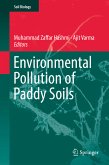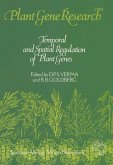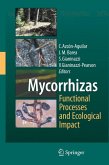First, the fundamentals of cytology and morphology, growth and reproduction, formal genetics, and enzymatic wood decay are addressed. Causative factors are then analyzed, followed by descriptions of interactions like antagonism, succession, and mycorrhiza.
The more practical section describes damages by viruses on trees and by bacteria on the xylem of trees and on structural timber, wood discoloration caused by molds and stain fungi, wood decays by rot fungi, and preservation methods. The habitats of wood fungi are described as well as tree care. Important tree pathogens and wood decay fungi are characterized for prevention and identification.
The final section focuses on the positive effects of wood-inhabiting microorganisms, covering past and classical methods like myco-wood, mushroom cultivation, biological pulping, and "palo podrido", as well as recent biotechnological processes.
Dieser Download kann aus rechtlichen Gründen nur mit Rechnungsadresse in A, B, BG, CY, CZ, D, DK, EW, E, FIN, F, GR, HR, H, IRL, I, LT, L, LR, M, NL, PL, P, R, S, SLO, SK ausgeliefert werden.
"The book (334 pages) is an updated revision of the German edition 'Holdz-und Baumpilze' from 1994. ... The book is illustrated with 74 figures (12 coloured pictures) and 49 tables. ... The book is of great interest to scientists, students, professionals working in wood protection, as well as foresters." (Benoit Marçais, Annals of Forest, Vol. 63 (2), 2007)









